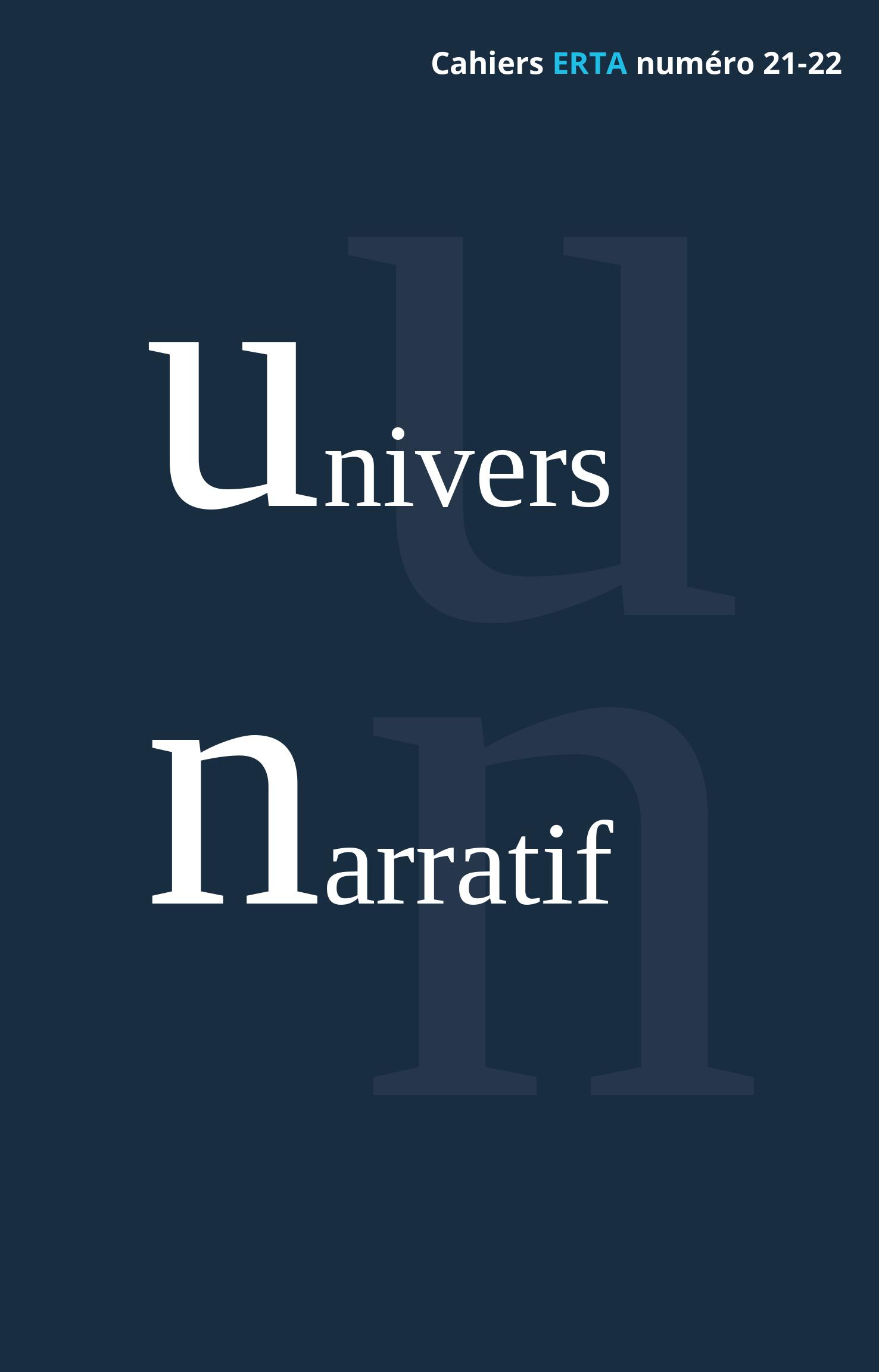Courage, honneur, fidélité. Portrait du soldat napoléonien dans le roman de la fin du XIXe siècle : Georges d’Esparbès et quelques auteurs polonais
Mots-clés :
légende napoléonienne, soldats, Grande Armée, nationalisme, patriotismeRésumé
The legend of Napoleon I, particularly vivid in France and Poland throughout the nineteenth century, begins to support, at the end of this period, the naPonalist or independence propaganda, reflecting the political situation in each country. The portraits of Napoleonic soldiers, presented in Les Demisolde by Georges d'Esparbès and in a couple of novels written by Polish writers of the same time (Gąsiorowski, Przyborowski, Przerwa‐Tetmajer, Morawska), carry great similarities which this paper intends to analyse. Above all, one may observe nostalgia for the glorious past, dignity despite material difficulties, sense of courage, attachment to the notions of honour and duty going beyond death.
Téléchargements
Références
Askenazy S., Napoleon a Polska, Warszawa, Towarzystwo Wydawnicze, 1918, t. 1.
Esparbès G. d’, Les Demi‐solde, Paris, Flammarion, 1898.
Gąsiorowski W., Huragan ; 1809 ; Szwoleżerowie gwardii, Warszawa, Ludowa Spółdzielnia Wydawnicza, 1974.
Malinowski W. M., Le Roman historique en France après le Romantisme, 1870‐1914, Poznań, Wydawnictwo Naukowe UAM, 1989.
Morawska Z., Waterloo. Powieść z 1814 i 1815 roku, Warszawa, Inpingo, 2012.
Przerwa‐Tetmajer K., Koniec epopei, Gdańsk, Tower Press, 2000.
Przyborowski W., Rycerz bez skazy, Poznań, Krajowa Agencja Wydawnicza RSW „Prasa Książka Ruch”, 1985.
Vauthier É., « Georges d’Esparbès, conteur épique d’une fin de siècle », [dans :] Anales de Filología Francesa, 2007, no 15.

 Revues scientifiques académiques
Revues scientifiques académiques





